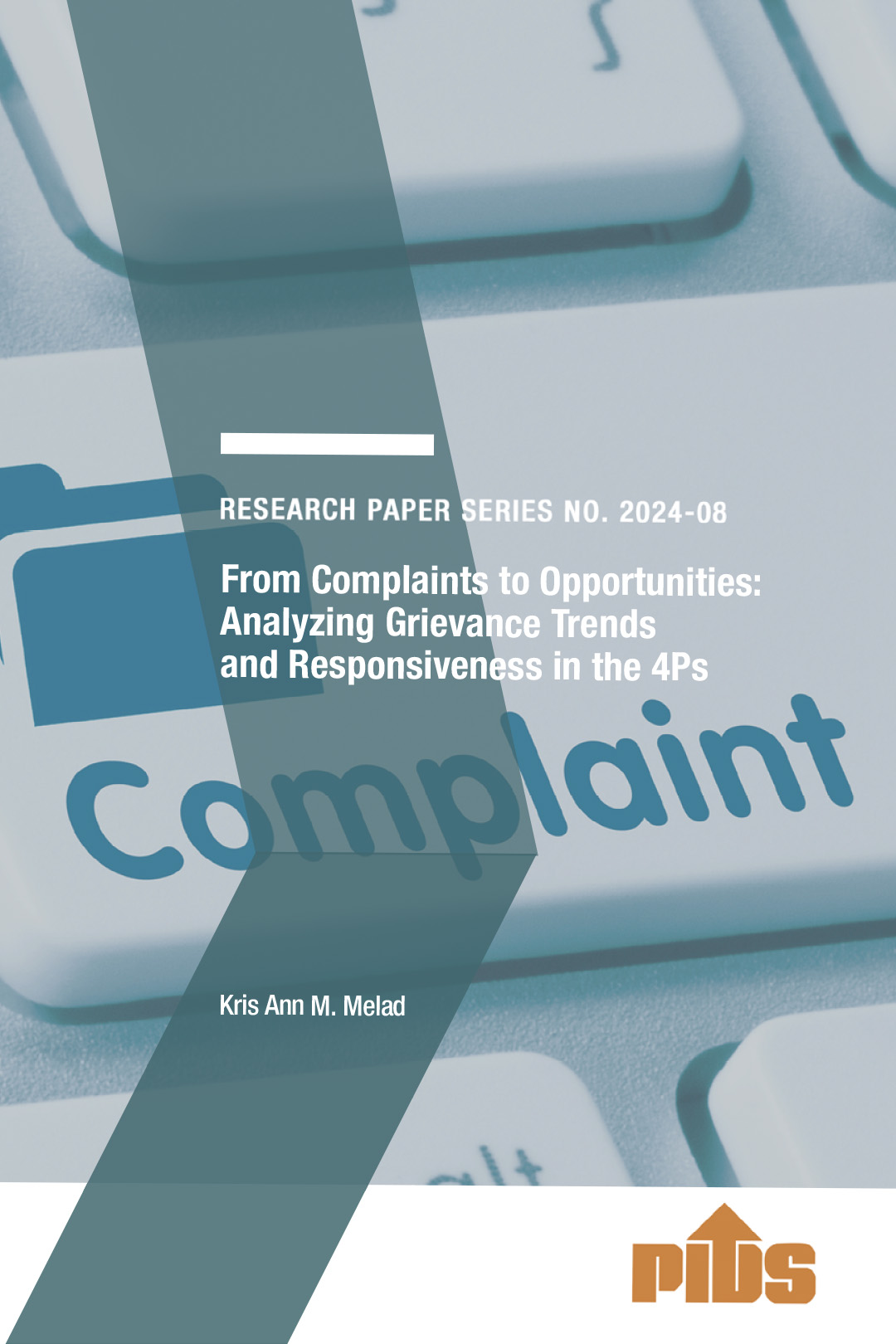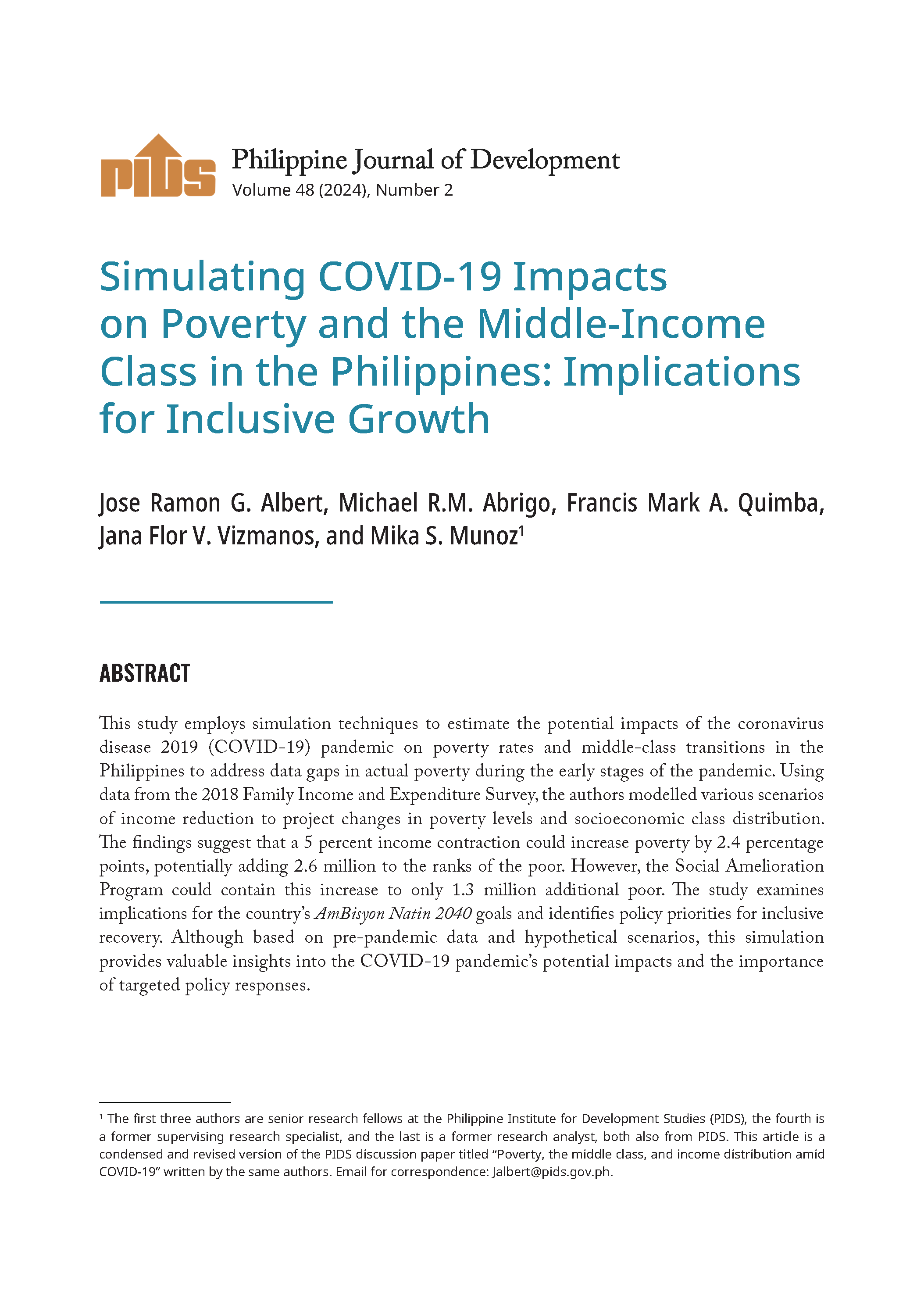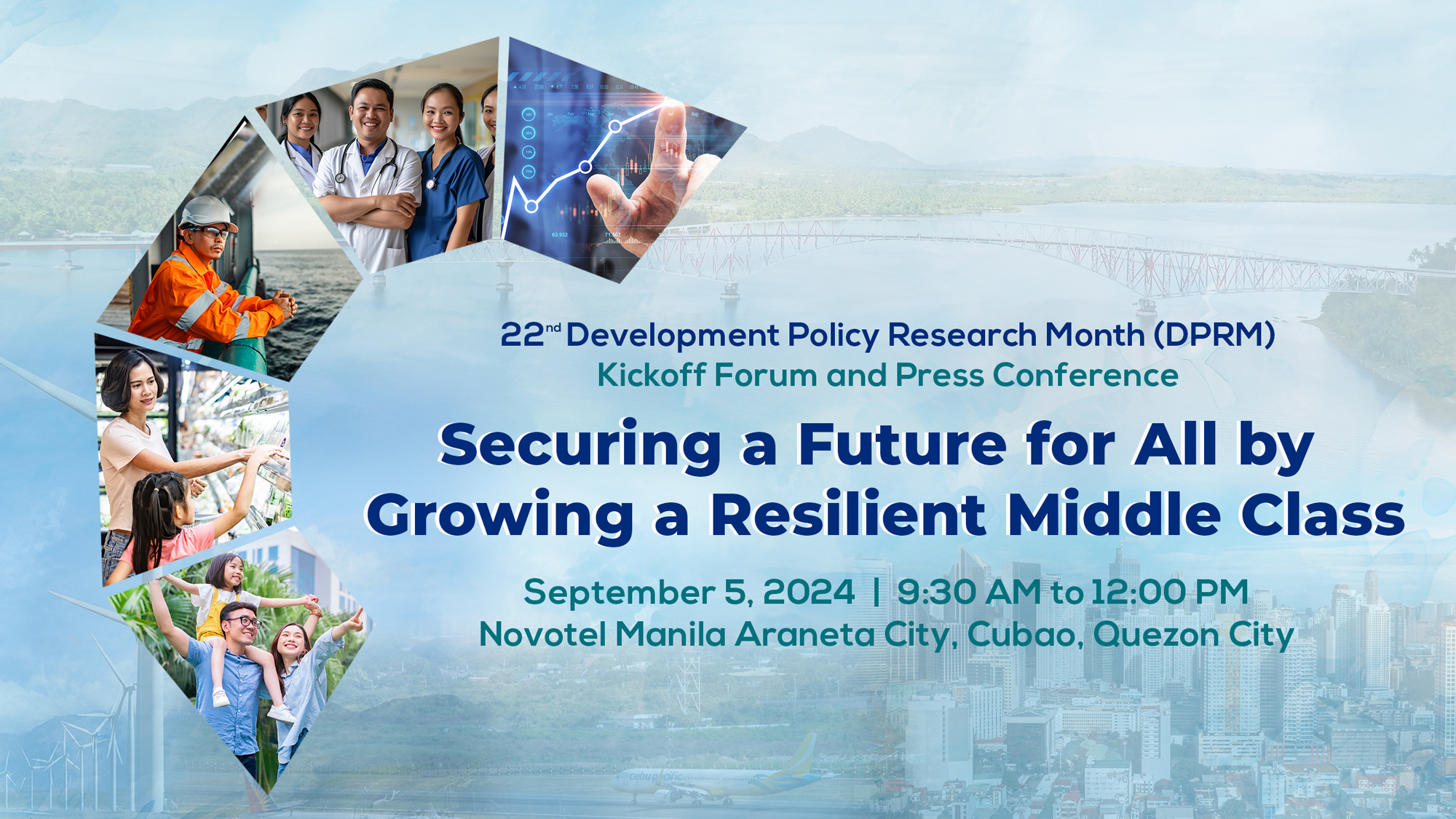For an economy to be successful, the government and society in general must encourage and facilitate upward economic mobility, the ability of an individual to move up through the economic classes ideally to the top of earners and wealth holders.
Opportunities for education are critical. The taxation system must give a break to those who make less income. Likewise, creativity and innovation must also, if not rewarded, at least not hobbled by government rules and regulation.
The society must also view “winners” as role models and not looked down upon as people who “got lucky” or with “crab mentality.” Can every child grow up to be the president of the nation or a multi-billion-peso enterprise owner? No, but every child must be trained and given as many tools as possible to reach as far as hard-work, smart-work, and ambition can carry that person.
Why is upward mobility imperative? It is that there is one group that is the engine of the economic bus that carries all the rest down the road to prosperity.
When the Bureau of Customs talks about meeting its revenue targets, who paid for it? The Middle Class. Who “bought” the more than “P455 million in humanitarian and development aid to Visayas and Mindanao that Philippine Red Cross Chairman Richard J. Gordon reported.” The Middle Class. Who was responsible for “car sales post double-digit growth in January, tracking economic recovery?” And who created that economic recovery? The Middle Class.
It is The Middle Class that operates, manages, and is then the customers of companies owned by the “oligarchs.” It is The Middle Class whose taxes provided the pandemic “ayuda.”
The Middle Class is not first defined by income because that varies from country to country. It is defined by what a family can afford and then by how much income that requires. Home ownership is first. According to a 2020 survey, about 60 percent of households in the Philippines occupied housing units they owned (2019 Annual Poverty Indicators Survey). However, less than 50 percent own a car.
Other factors include being able to provide a college education for the children, retirement security, and enough healthcare insurance coverage.
According to the data from the Philippine Institute for Development Studies (PIDS), the income to be called rich for an average household of five is a monthly net income of P182,000 and up. This benchmark increases as the economy and inflation goes up. In 2020, to be part of The Middle Class a family needed at least P63,700 and that number is definitely higher today. The latest Family Income and Expenditure Survey by the Philippine Statistics Authority (PSA) shows that majority (58.4 percent) of Filipinos belong to the low-income class, while the middle class comprises around 40 percent of the population. Only 1.4 percent of Filipinos are in the high-income class.
Spending is a factor. Low-income families spend more than 50 percent on food. Middle income spends twice as much as low-income on education and healthcare.
While inflation affects everyone, to the middle class, it has a much bigger implication. When the cost of living or tax increases, they feel the brunt of thee increases. In turn, it will push lower most of the population from the lower end of the socioeconomic spectrum because The Middle Class is the economic driver.
Hinder or damage The Middle Class, you destroy the economy, and that is what is happening in the West.
They are facing a move to Neo-feudalism, “the rebirth of policies reminiscent of those which were present in feudal societies. Such aspects include unequal legal rights, dominance of societies by small powerful elite groups, and relations of lordship and serfdom between those elite and the people.”
“The net result of hyper-globalization and hyper-financialization is the crumbling of the middle class, which has seen its share of wealth and income eroded for the past 45 years, a trend that accelerated in the past 20 years,” says Charles Hugh Smith.
Protect The Middle Class and you protect the economy. Grow The Middle Class and you grow the economy, and then everyone benefits.












